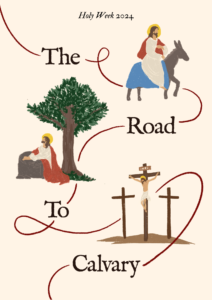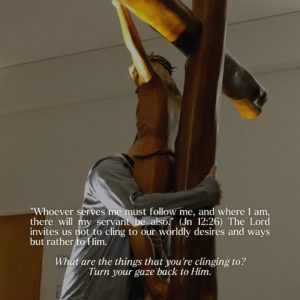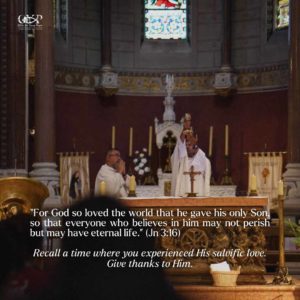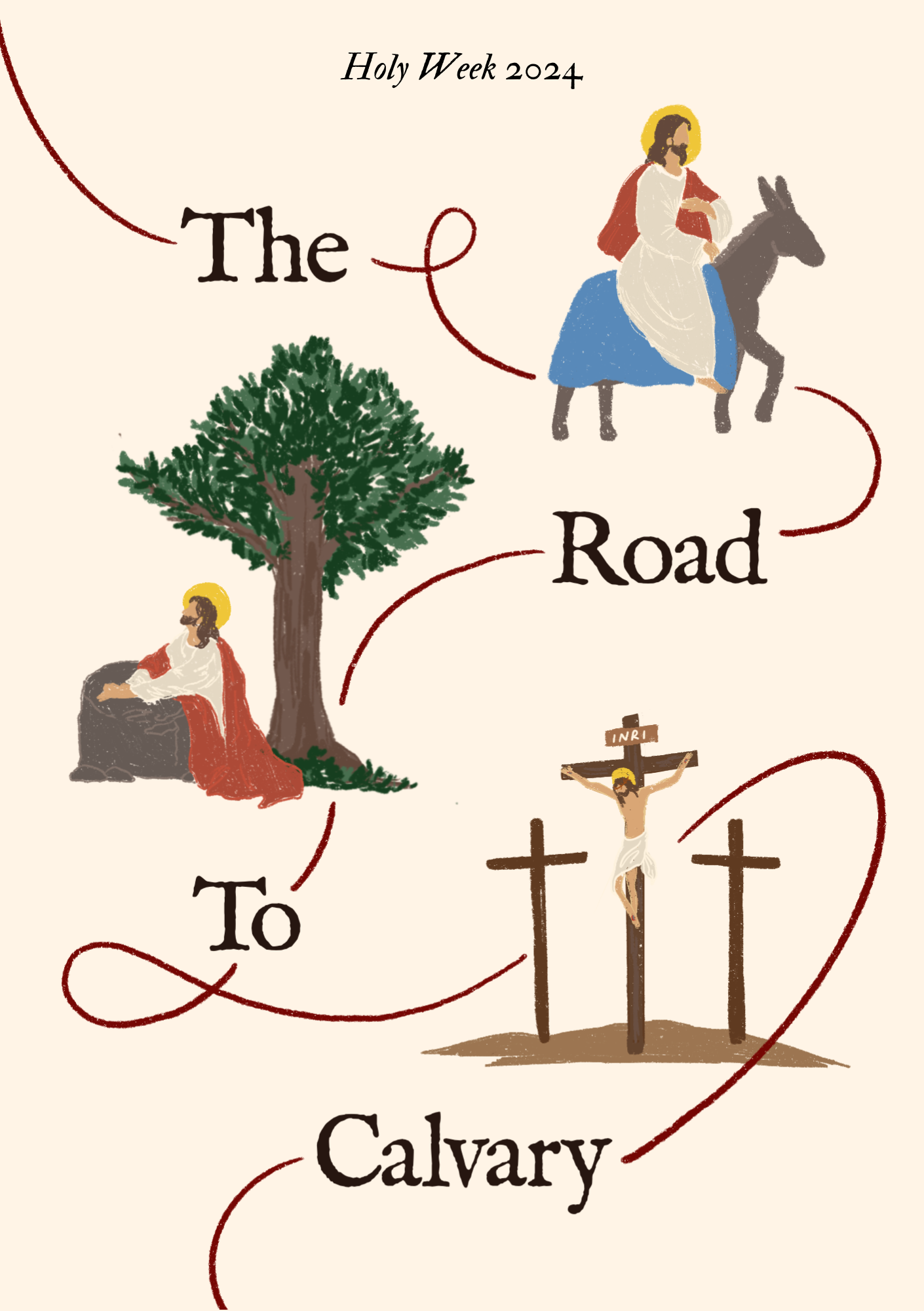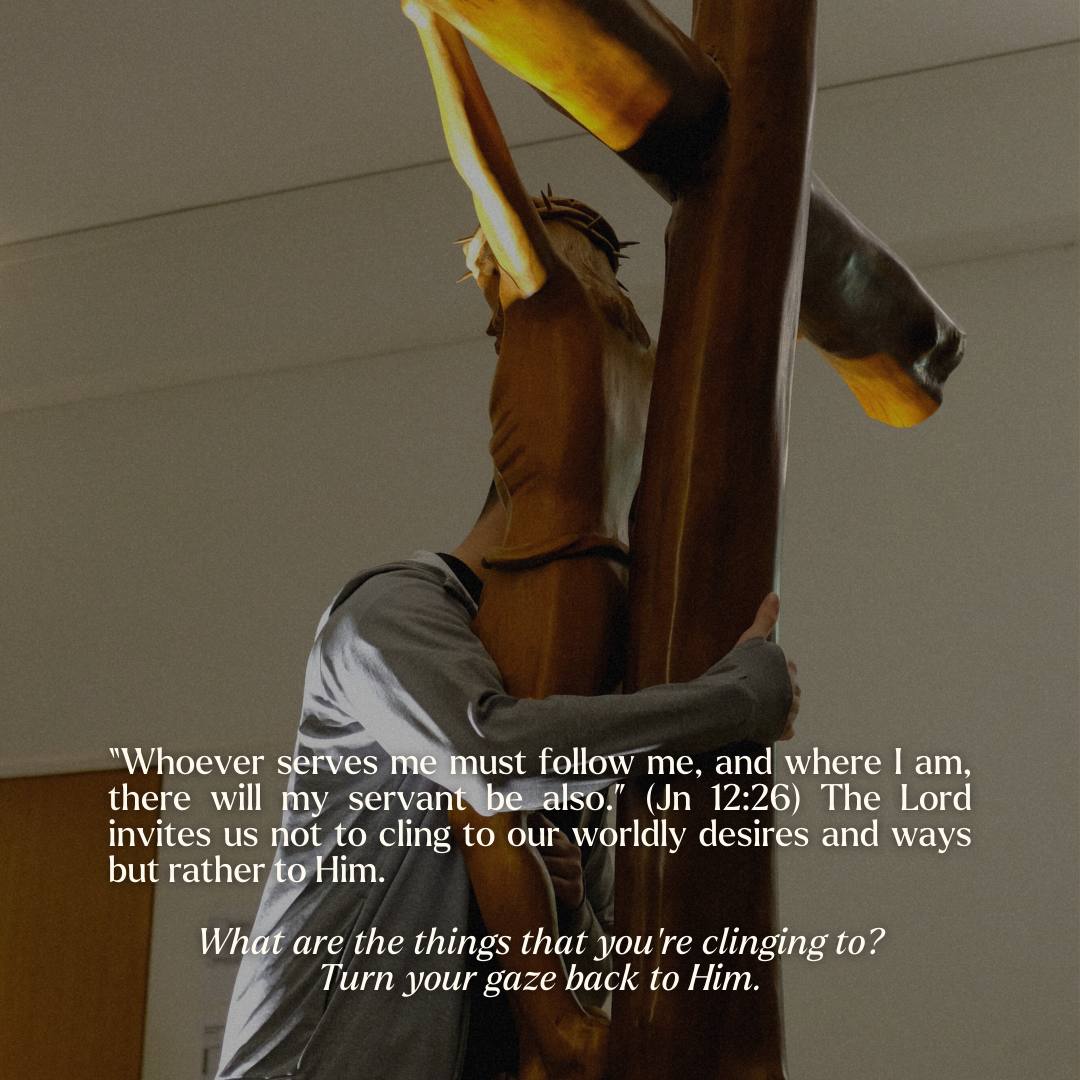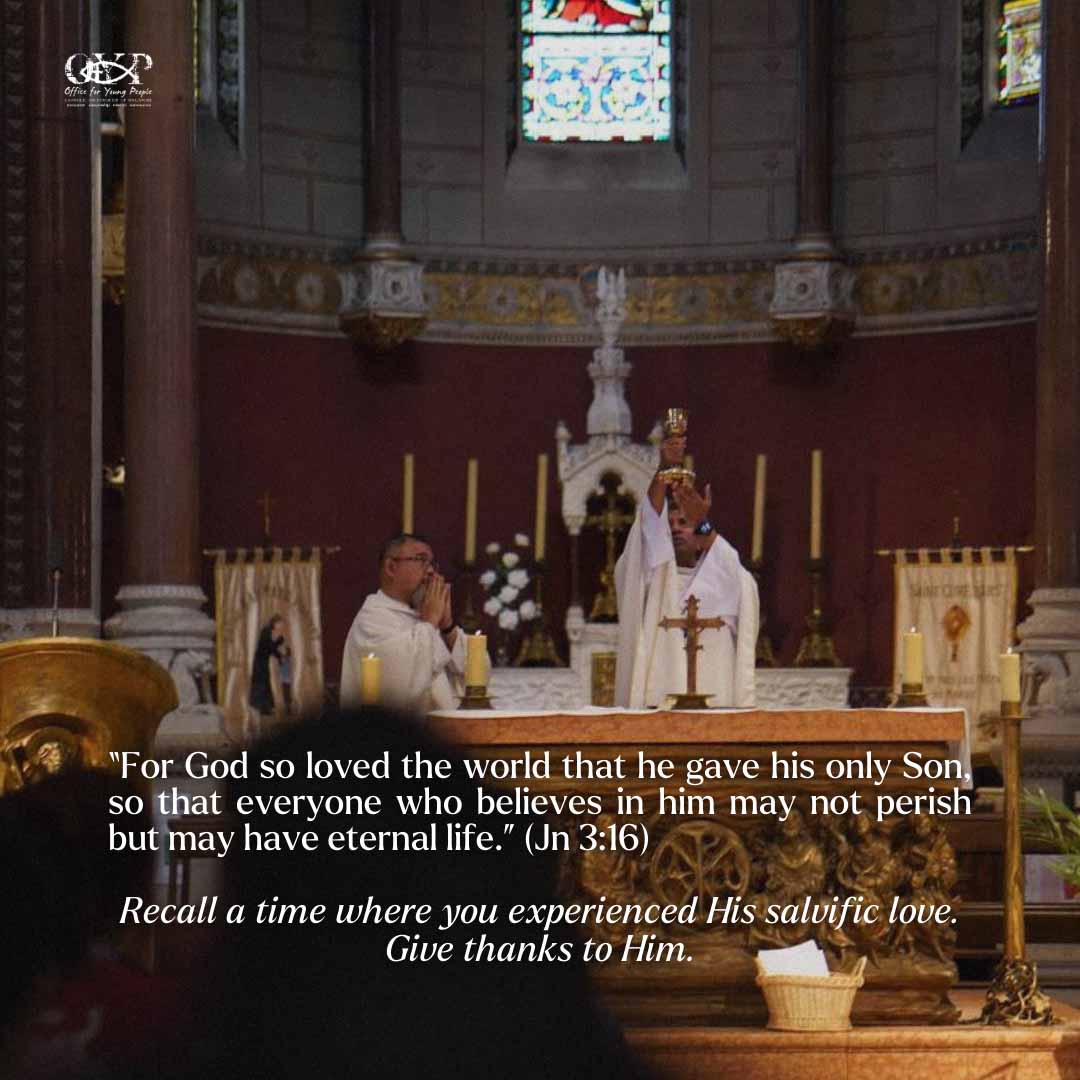By Regina Vanda
Do Catholics have a duty towards caring for the environment?
Yes! In Genesis 1:28, God commands us to “Be fruitful and multiply and fill the earth and subdue it, and have dominion over the fish of the sea and over the birds of the heavens and over every living thing that moves on the earth ”. It would be a misunderstanding to consider the dominion He gave us over the earth as an entitlement to plunder it at will. After all, we cannot continue to be fruitful and to fill the earth if we do not allow life on earth to thrive and support us. God’s act of Creation is an invitation to a relationship of interdependence and mutual care. He intends to nourish us with food from the earth and invites us to lovingly nurture life on earth as well. He plants us in a larger ecosystem to reveal to us the nature of His love. All living beings in an ecosystem are mutually dependent on one another to live and grow. Similarly, love requires us to be in a community, to both receive and give, to care and be cared for. In this sense, our environment is a free gift from God that we must cherish. In the encyclical Laudato Si, Pope Francis calls it “a magnificent book in which God speaks to us and grants us a glimpse of his infinite beauty and goodness” (LS 12).
How should we exercise this duty?
God created the earth and everything within it “very good” (Genesis 1). But He created us humankind in particular in His image – with the freedom to love. That freedom comes with the capacity to sin and disobey Him. In disobedience, we live in a disordered manner that destroys our inner dignity and goes contrary to the life-giving relationship with His whole Creation we were meant to have. Returning to the call to care for our common home, Pope Francis explains, “The violence present in our hearts, wounded by sin, is also reflected in the symptoms of sickness evident in the soil, in the water, in the air, and in all forms of life. This is why the earth herself, burdened and laid waste, is among the most abandoned and maltreated of our poor” (LS 2). We turn the earth against ourselves when we sin. For example, excessive greenhouse gas emission is tipping the balance in earth’s atmosphere and changing the climate such that disasters from extreme weather happen more frequently and unpredictably. As forests are rapidly cleared for human use, human-wildlife conflict intensifies and vector-borne diseases become more common. In this wounded state, the environment we live in becomes like a wilderness full of threats against our wellbeing and our lives rather than a garden that allows us to flourish, belong and praise God.
So why does God say, “subdue it, and have dominion”? We can understand God’s command to have dominion over the earth as an invitation to re-order everything in our hearts and in His creation back to Him. It is not an absolute dominion. Although God gives us great power to till the earth, use it for our sustenance, and harness the winds and waves, He also calls us to use this power to serve humbly. Jesus says to His disciples, “You know that the rulers of the Gentiles lord it over them, and their great men exercise authority over them. It shall not be so among you; but whoever would be great among you must be your servant” (Mt 20:25-26). He bids us to see the rest of creation with His eyes of love and recognise that the environment is not just a tool or a resource but as lives of inherent value, whose mere existence gives God glory. Thus we are to exercise the kind of dominion that “lead(s) all creatures back to their Creator” (LS 83). Our duty to care for the environment is ultimately in service of God and so that we may love like Him.


